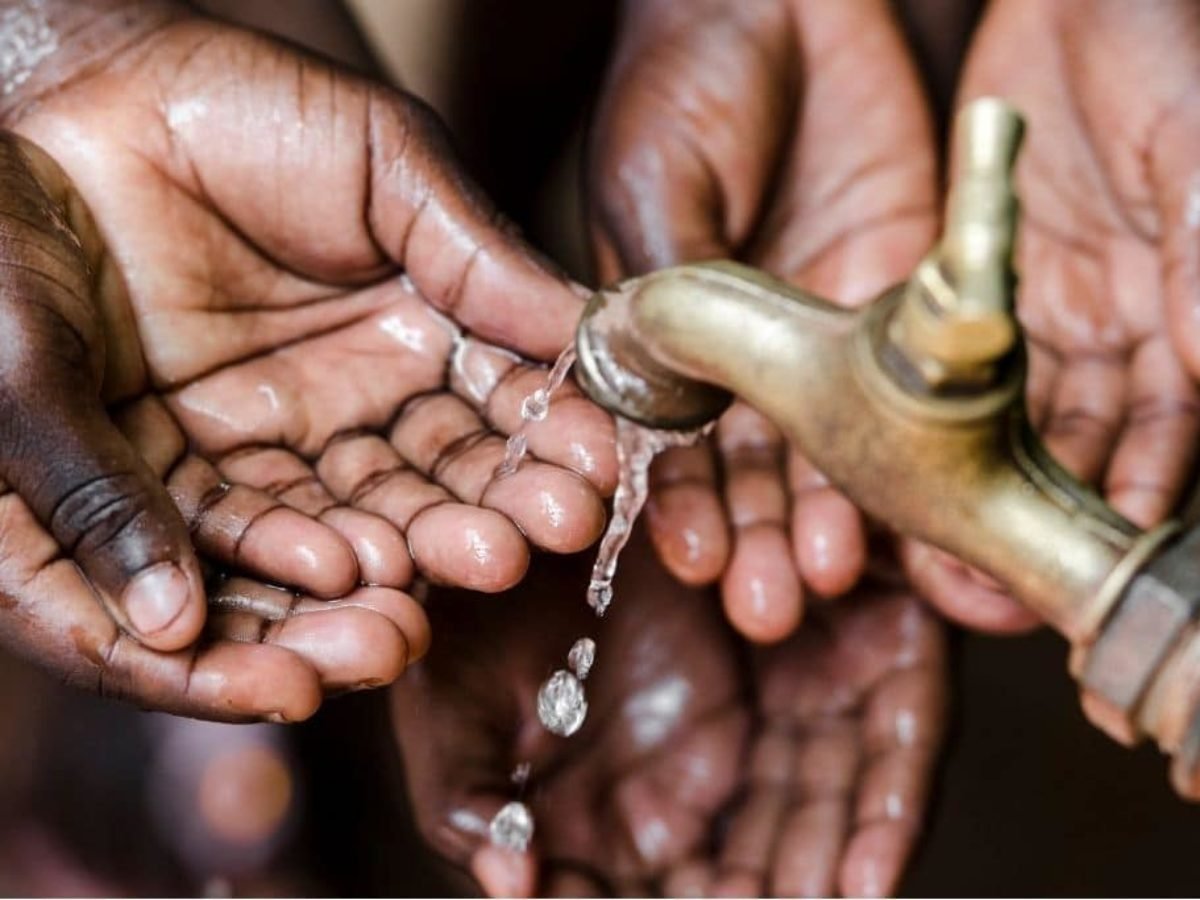The Growing Water Crisis
Water is a precious resource that is essential for all forms of life on Earth. However, the world is facing a growing water crisis that requires immediate attention and action. With the increasing population, urbanization, and climate change, the demand for water is rapidly outpacing its availability.
The Impact of the Water Crisis
The water crisis has severe consequences for both people and the environment. Lack of access to clean water leads to poor sanitation, hygiene, and the spread of diseases. It also affects agriculture, industry, and energy production. Moreover, ecosystems and biodiversity are at risk due to the depletion of water sources.
The Need for Conservation
To address the water crisis, conservation efforts are crucial. Water conservation involves using water wisely and efficiently to reduce waste and ensure its sustainable use for future generations. Here are some key strategies for water conservation:
- 1. Fixing Leaks: Repairing leaky pipes and faucets can save a significant amount of water.
- 2. Efficient Water Use: Installing water-efficient appliances, such as low-flow toilets and showerheads, can greatly reduce water consumption.
- 3. Rainwater Harvesting: Collecting rainwater for non-potable uses, such as watering plants or flushing toilets, can help conserve water.
- 4. Irrigation Management: Using efficient irrigation methods, such as drip irrigation, can minimize water loss in agriculture.
- 5. Public Awareness: Educating the public about the importance of water conservation and providing tips for water-saving practices can encourage behavioral changes.
The Role of Government and Policy
Government intervention and policy implementation play a crucial role in addressing the water crisis. Governments need to prioritize water conservation and invest in infrastructure improvements, such as water treatment plants and distribution systems. They should also enforce regulations to prevent water pollution and ensure sustainable water management.
International Cooperation
The water crisis is a global issue that requires international cooperation. Countries should collaborate to share best practices, technologies, and resources for water conservation. International organizations, such as the United Nations and World Bank, can facilitate and support these efforts.




































